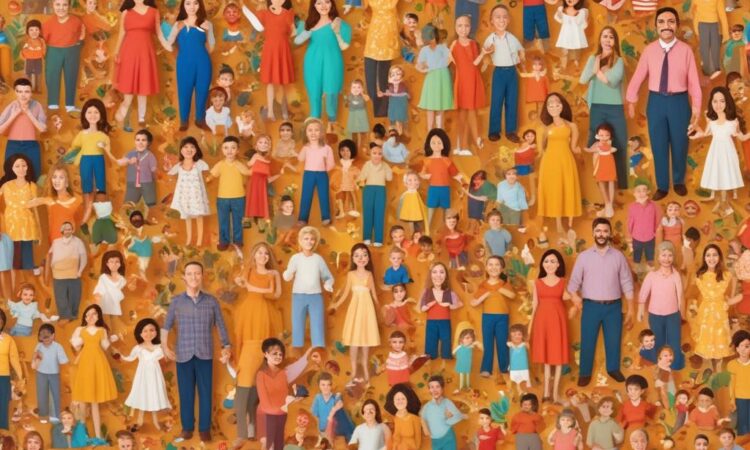Later Babies, Smaller Families: The ONS Report
Okay, so the Office for National Statistics (ONS) – you know, those folks who track all sorts of interesting stuff about us Brits – have dropped a report, and it’s got some juicy bits about families. Get this: it seems women are going to keep on delaying having kids, and even then, they’re planning on having fewer of them than their mums and grannies did.
I mean, it’s not exactly breaking news that people are waiting longer to start families. We’ve all seen it, right? More folks focusing on careers, travel, or just generally figuring things out before jumping into parenthood. And it’s totally understandable! Life’s a bit of a rollercoaster these days, and making sure you’re in a good place before adding a tiny human to the mix makes perfect sense.
But the ONS crunched the numbers, and their projections show this trend isn’t just a blip. They reckon it’s here to stay, at least for a while. Smaller families are becoming the norm, it seems. Less pressure to have a whole soccer team, more focus on quality time with a smaller crew – that’s the vibe I’m getting.
Now, this isn’t just some random guesswork; the ONS used complex models and projections based on current trends and birth rates. So it’s not like they just pulled this out of a hat. They’ve looked at all the data, and this is their prediction. And, honestly, looking around, it feels pretty spot on.
Think about it: the cost of raising a child is astronomical these days. Education, childcare, extracurricular activities… it all adds up. Couple that with the pressures of work-life balance (or lack thereof!), and it’s easy to see why people are opting for fewer children, but maybe investing more into each child.
Another thing to consider: more women are pursuing higher education and establishing successful careers. This often leads to delaying starting a family, which, again, contributes to smaller family sizes overall. It’s not a bad thing, it’s just a shift. A big shift, but still a shift.
So, what does this mean for the future? Well, it’s likely going to have a significant impact on a whole bunch of things. Think about things like demographics, social care, and even the economy. It’s a complex issue with plenty of ripple effects. The ONS report really only scratches the surface; there’s a whole lot more to unpack here.
But let’s not get bogged down in the doom and gloom. This isn’t a disaster; it’s just a change. And change, while sometimes scary, often brings with it new opportunities and new ways of doing things. Maybe this shift towards smaller families will actually lead to a more sustainable way of living, with less pressure on resources and a greater focus on personal well-being.
Ultimately, the ONS report is just a snapshot of where things seem to be heading. The future is, of course, uncertain, and there are plenty of factors that could influence these projections. But it’s still food for thought – and a pretty interesting insight into the evolving landscape of family life.
It’s interesting to think about the impact this will have on society as a whole. Will we see a change in social policies to support these smaller families? Will we see a shift in how we value family life? These are all questions that deserve to be explored further. This report certainly provides plenty of fodder for further discussions.
Anyway, that’s the lowdown on the ONS report. It’s a fascinating glimpse into the future of family life, and it certainly makes you think. Now, if you’ll excuse me, I’m off to go ponder the implications of all this over a cup of tea.
So there you have it – a relatively straightforward summary of a complex report. Hopefully, I’ve managed to explain it in a way that’s accessible and interesting. Let me know what you think in the comments!

